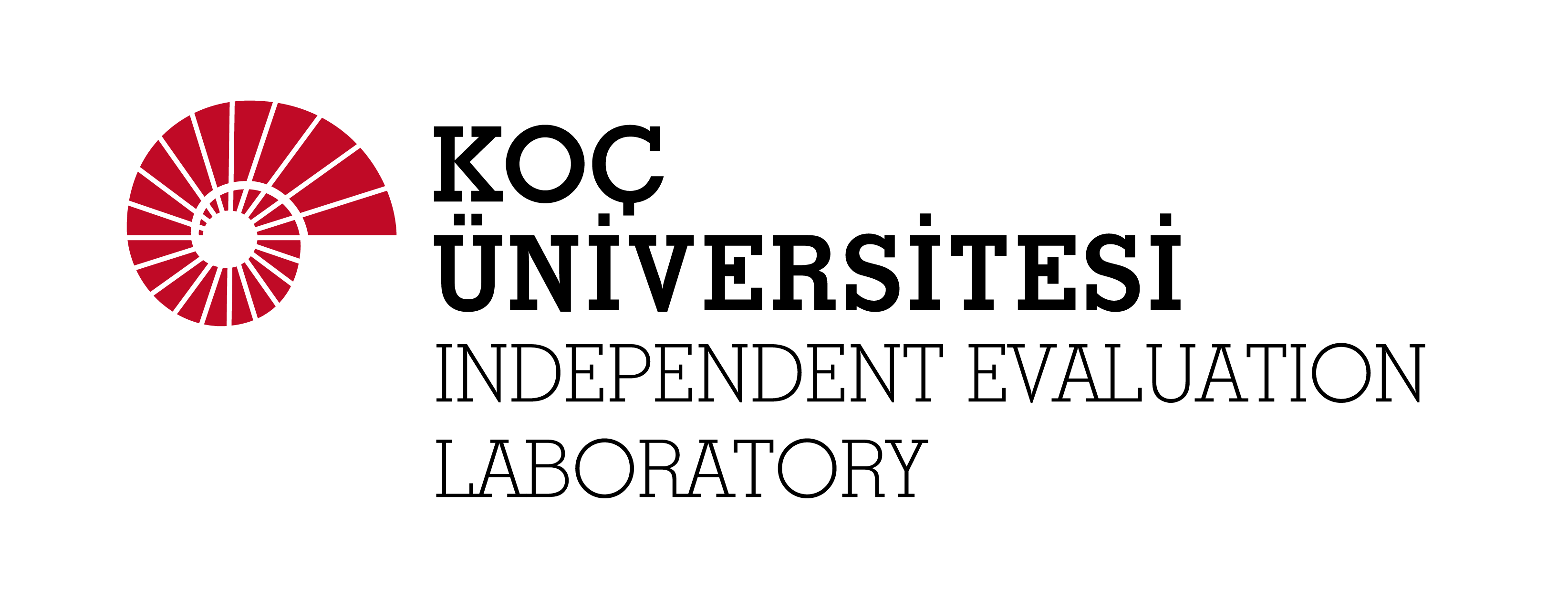Qualitative Methods
Sampling is central to the practice of qualitative methods, but compared with data collection and analysis its processes have been discussed relatively little. A four-point approach to sampling in qualitative interview-based research is presented and critically discussed in this article.
This paper discusses introduces techniques for analyzing focus group data. The authors outlines three methods of recording information from focus groups onto paper, as well as three techniques for condensing hours of free-flowing discussion into a readable article that accurately reflects the main points of the focus group discussions.
The purpose of this article is to provide an example of how qualitative research was used to guide the adaptation a web-based intervention for family carers of persons with dementia residing in long-term care (LTC) and to discuss challenges associated with using qualitative methodologies in this regard. Four steps are outlined regarding the process.
The current study uses qualitative methods to examine the mechanisms underlying the effects of war and displacement on parenting and child adjustment in order to inform intervention development using data from group and individual interviews were conducted with 39 Syrian parents and 15 children relocated in Lebanon.
This study aimed to explore health care professionals’ experiences of the health care seeking processes of women exposed to intimate partner violence in Rwanda using data from focus group discussion of healthcare professionals.
